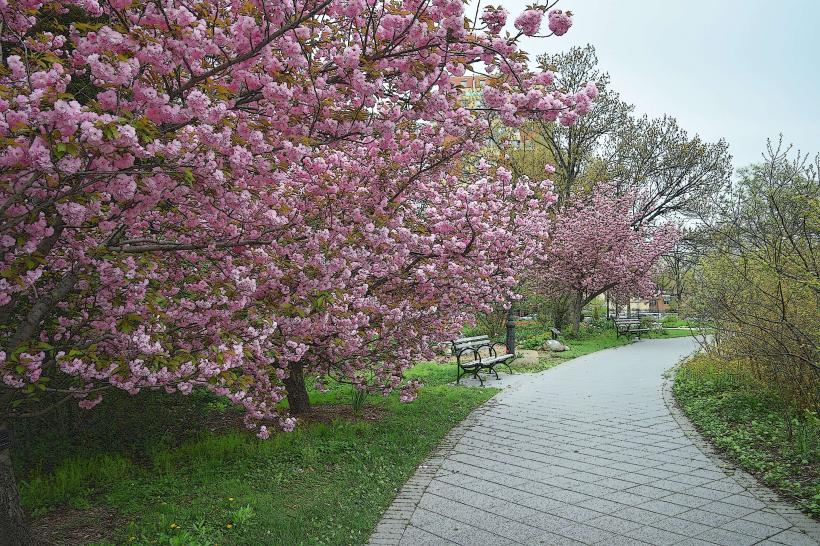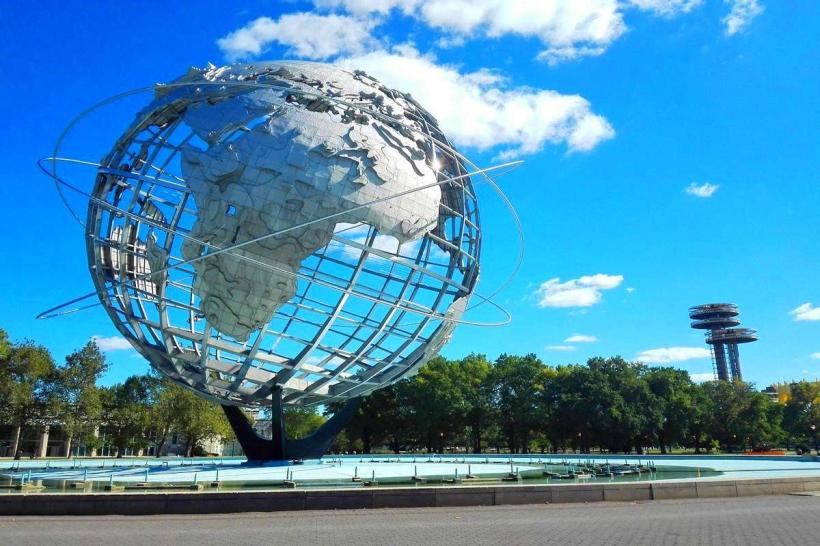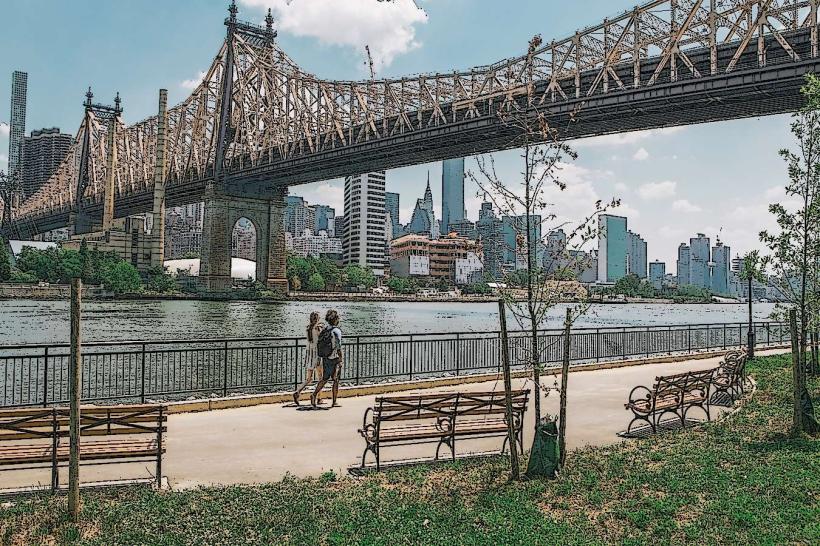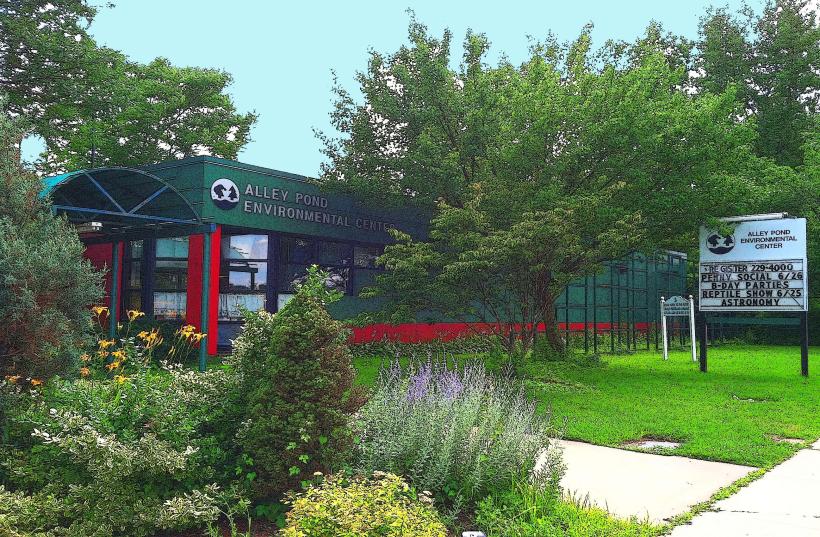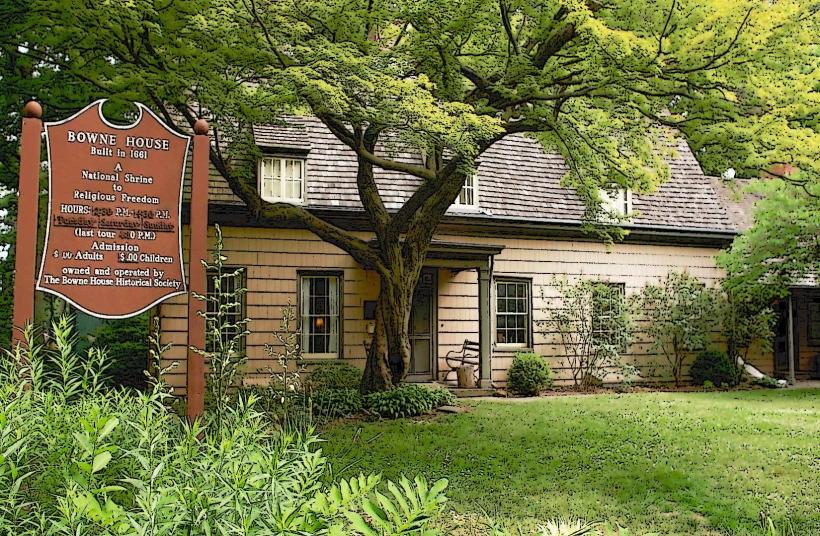Information
Landmark: Jamaica Bay Wildlife RefugeCity: Queens
Country: USA New York
Continent: North America
Jamaica Bay Wildlife Refuge, Queens, USA New York, North America
Jamaica Bay Wildlife Refuge is a protected natural area located on the western end of Long Island in Queens, New York City. It functions as a critical stopover point for migratory birds along the Atlantic Flyway.
Visual Characteristics
The refuge comprises approximately 9,155 acres, featuring salt marshes, freshwater ponds, grasslands, and maritime forests. Water bodies exhibit varying shades of brown and green depending on sediment and algal content. Vegetation includes Spartina alterniflora in tidal marshes, Phragmites australis in drier areas, and various grasses and shrubs in upland zones. Two large freshwater ponds, Broad Channel and West Pond, are central features.
Location & Access Logistics
The refuge is situated south of Cross Bay Boulevard in Queens. Access is primarily via Cross Bay Boulevard. Parking is available at the main visitor center lot and along designated areas of Cross Bay Boulevard. Public transport options include the Q53 SBS bus, which stops near the refuge entrance on Cross Bay Boulevard. The closest subway station is Broad Channel (A train), requiring a walk of approximately 1.5km to the refuge entrance.
Historical & Ecological Origin
The area was designated a wildlife refuge in 1938. Its ecological significance stems from its location within the Atlantic Flyway, supporting a diverse range of avian species. The freshwater ponds were created in the 1950s by impounding tidal marshland.
Key Highlights & Activities
Birdwatching is the primary activity, with over 330 species recorded. Specific observation points include the West Pond observation tower and the East Pond shoreline. Hiking is permitted on designated trails, including the perimeter trail around West Pond. Kayaking and canoeing are possible on the freshwater ponds, subject to specific access points and regulations.
Infrastructure & Amenities
Restrooms are available at the main visitor center. Limited shade is provided by trees in upland areas. Cell phone signal (4G/5G) is generally available within the refuge. No food vendors are located within the refuge; visitors should bring their own provisions. A visitor center offers educational exhibits and information.
Best Time to Visit
For birdwatching, spring (April-May) and fall (September-October) offer peak migratory activity. Dawn and dusk provide optimal lighting for photography and wildlife viewing. Tidal conditions do not significantly impact access to most areas, but can affect visibility in marsh zones.
Facts & Legends
Jamaica Bay Wildlife Refuge is one of the most important urban bird sanctuaries in North America. A specific tip for visitors is to check the tide charts for the surrounding bay, as this can influence the presence of shorebirds on exposed mudflats, particularly on the East Pond.
Nearby Landmarks
- Rockaway Beach (1.5km South)
- Floyd Bennett Field (3km West)
- Canarsie Pier (4km Northwest)
- Gateway National Recreation Area - Jacob Riis Park (4.5km Southwest)

